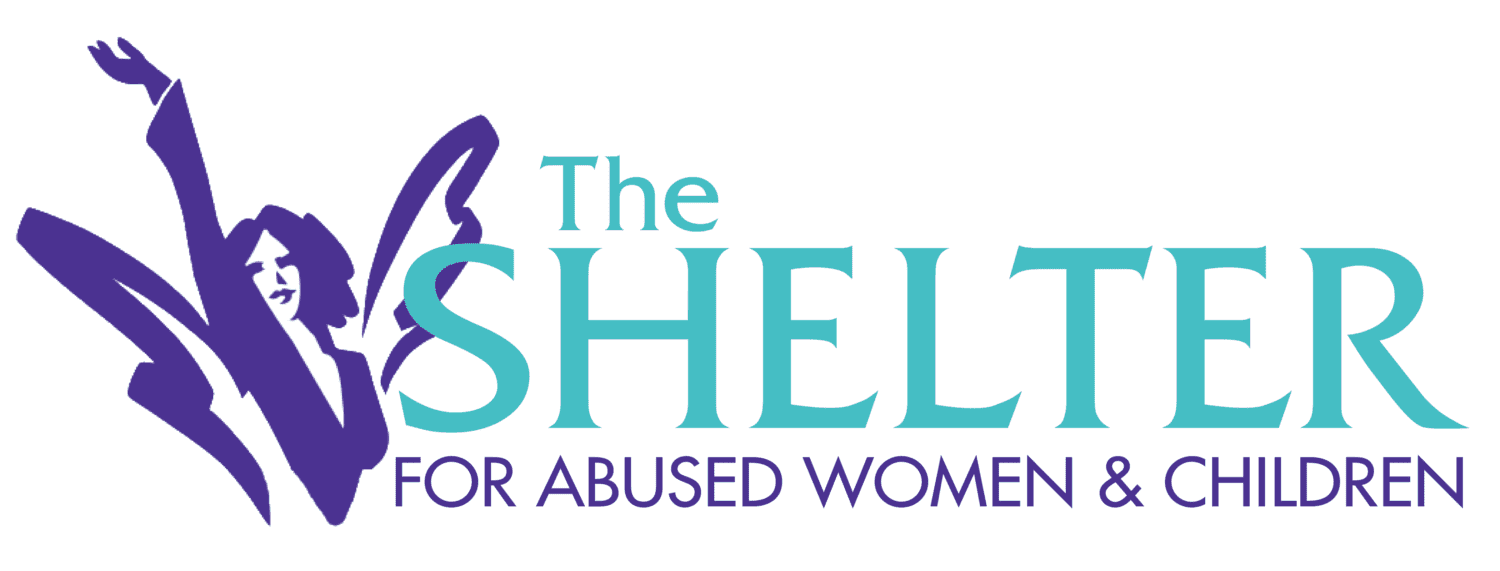Dating abuse – what every parent should know
Information courtesy Caring Unlimited
Is Your Teen / Young Adult in an Abusive Relationship?
Dating abuse is a pattern of behavior, attitudes and beliefs that seek to exert power and control over another person in a dating relationship.
A dating relationship is defined as a person involved in an intimate or romantic association with another person, regardless of length or exclusivity of the relationship.
Dating abuse happens to young people from every socio-economic group regardless of race, religion, academic ability or economic background.
Tactics used in youth dating abuse include one or more of the following:
- Emotional / Psychological Abuse for example: verbal abuse such as name calling, humiliation, manipulation/guilt trips, possessiveness/ excessive jealousy, monitoring phone calls/emails, isolation from friends/family, intimidation, yelling and screaming, threats to damage reputation, sabotage at school and/or work, forcing participation in unhealthy behaviors such as substance use, harassment and/or stalking after separation, and more.
- Physical Abuse for example: threats of violence, throwing things, restraining, destruction and/or control of property, hitting, slapping, shoving, grabbing, choking, using weapons to intimidate, and more.
- Sexual Abuse including spreading sexual rumors, sexual jokes/humiliation, sabotaging birth control or refusing to use protection, sexual assault and rape.
What You Might See If Your Child Is in an Abusive Relationship
- Isolation Does your child have fewer friends than before the relationship began? In order to consolidate their control in the relationship, abusive partners seek to impose isolation on the victim, first from friends, then from outside activities and then from family.
- Emotional Changes In the early infatuation stage of any relationship people are often happy. Once abuse begins the victim often begins feeling sad and desperate.
- Constant Communication Does your child’s boy/girlfriend constantly call or text, and insist on always knowing where your child is, what s/he’s doing, who s/he’s with, what time s/he’ll be back and who s/he’s spoken to?
- Jealousy Issues You might notice the boy/girlfriend’s jealousy. If your child looks at or speaks casually with another person, does this upset the partner?
- Need to Impress Is your child receiving lots of “advice” about choices in friends, hairstyle, clothes or makeup, and does your child feel the need to comply with this “advice”? Your child may be in fear of what will happen if the advice isn’t followed.
- Making Excuses Your child might stick-up for the boy/ girlfriend, defending their words and actions. Trust your gut!
How You Can Help
There are many reasons why teens don’t tell parents about the abuse. They may be embarrassed or ashamed, and may blame themselves. They may be afraid their parents will make them break up, convinced that it is their fault or that their parents will blame them or be disappointed in them, and afraid of losing privileges. They are often afraid of retaliation from their partner for telling. They may have little or no experience with healthy dating relationships and confuse jealousy with love. They may not recognize that they are being abused. If you suspect your teenager is being abused…
DO give your child a chance to talk. Stay calm. Listen without judging them. Believe them!
Use clear language to describe what you see is happening.
Acknowledge that they are in a very difficult and scary situation. Tell them that you are concerned for their safety and well-being and that you are there for them.
Ask them what they would like to have happen…how can you help them be safe.
Keep the lines of communication open!
Educate yourself—access online resources, read, call Caring Unlimited for information and/or support for yourself!
DON’T try to rescue them. Resist this natural impulse. It will likely shut them down.
Blame them for the abuse or make them feel judged.
Punish them because of an abusive partner.
Criticize their partner—you don’t want them taking energy to defend the person
If you suspect your teenager is being abusive
What you may see:
- Jealous or possessive behavior toward the dating partner
- Controlling or bossy behavior
- Guilt Tripping—”If you loved me you would…”
- Blaming the victim for everything that goes wrong
- Obsessing over the partner’s behavior or actions
- Unreasonable or gender-based expectations of their dating partner
What You Can Do
- Ask, “Why do you think it’s okay to treat ______ that way?”
- Confront disrespectful behavior/language. Explain that it’s not OK with you.
- Let your child know that controlling behaviors are abusive and will prevent them from having a healthy, happy relationship.
- Hold your child accountable. Don’t accept excuses or allow them to blame the other.
- Model respectful behavior towards your partner
- Educate yourself and your teenager about controlling behaviors by accessing online and other resources.
Facts About Teen Dating Violence
- 33% of high school students will experience some form of dating abuse before leaving high school.1
- 1 in 3 teenagers report knowing a friend or peer who has been hit, punched, kicked, slapped, choked or physically hurt by their dating partner.2
- 1 in 5 teenage girls who has been in a relationship said a boyfriend has threatened violence or self harm if presented with a breakup.2
- If trapped in an abusive relationship, 73% of teens said they would turn to a friend for help, but only 33% of teens who had been in or known about an abusive relationship told anyone about it.2
- Dating abuse occurs at the same rate in homosexual relationships as it does in heterosexual relationships.3
- 33% of women killed in this country are killed by their current or former boyfriend or husband.1
- More than 50% of all Maine’s homicides are a result of domestic violence.4
- 85% of all reported domestic / dating violence is male violence against women.1
1 USDOJ Bureau of Justice Crime Statistics, www.usdoj.gov
2 Liz Claiborne Inc Teen Dating Abuse Study, February 2005
3 National Coalition of Anti-Violence Programs, Annual Report of LGBT Domestic Violence, 1998, www.avp.org
4 Maine Department of Public Safety, Public Information Office
Where to go for more information
HOTLINES
Caring Unlimited
York County’s Domestic Violence Program
24-Hour Confidential Hotline
1-800-239-7298
www.caring-unlimited.org
Sexual Assault Response Services
of Southern Maine (SARSSM)
24-Hour Confidential Hotline
1-800-313-9900
National Teen Dating Abuse Helpline
For and by teens
1-866-331-9474
WEBSITES
Love Is Not Abuse
Choose Respect
Do Something
Family Violence Prevention Fund
Men Stopping Violence
BOOKS
Parent’s Handbook: How to Talk to Your Children About Developing Healthy Relationships
Liz Claiborne, Inc.
Available online: www.lizclaiborne.com
What Parents Need to Know About Dating Violence
Levy, B. and Occhiuzzo-Giggans, P., Seal Press
Dating Violence: Young Women in Danger and In Love and In Danger
Levy, Barrie, Seal Press
Making the Peace: An Approach to Preventing Relationship Violence Among Youth
Oakland Men’s Project
Available online: www.vawnet.org



